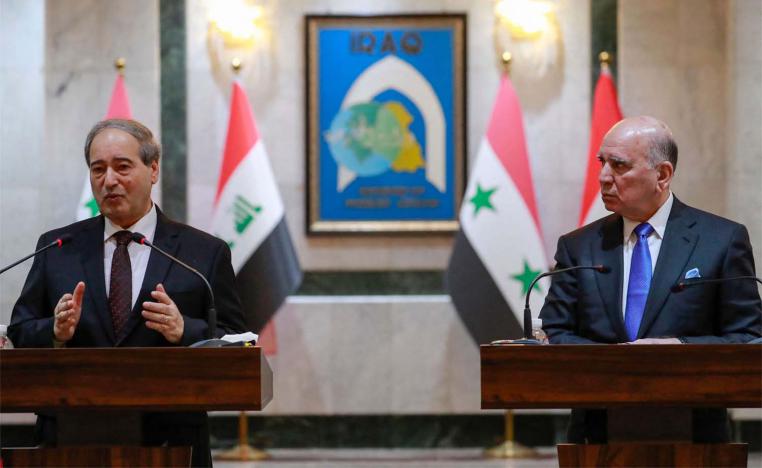The United States’s role in the Middle East has shifted over the last 20 years from invading Iraq to a more hands off approach post the Arab Spring. While the 2003 Iraq War chipped away at American credibility, the Syrian war forced Washington to reassess its role as the ‘global policeman’, meanwhile Algeria has become North and West Africa’s most important player. How does all of this look from Washington? MEMO in Conversation is joined by former US Ambassador Robert Ford whose diplomatic career took him to Iraq, Algeria and Syria.
Ford is a fellow at Yale University’s Jackson School for Global Affairs where, since 2016, he has taught about U. foreign policy, and he has been a fellow at the Middle East Institute in Washington since 2014.
A career diplomat until 2014, Ford was the US Ambassador to Syria from 2011 to 2014, directly advising the top levels of the American government about responses to the expanding civil war there. Prior to his work in Syria, he was the senior political adviser at the American Embassy in Baghdad 2004-2006 and then Deputy Ambassador at the US Embassy in Baghdad 2008-2010 where he helped the transition from American occupation government to Iraqi sovereign rule and wider Iraqi responsibility for governance. In between assignments in Iraq, he was the US Ambassador in Algeria 2006-2008 where he expanded bilateral cooperation in the fields of education and rule of law. Ford also served in Bahrain, Cameroon, Egypt, Turkiye and Washington.
Before joining the diplomatic service, he was a teacher with the Peace Corps in Morocco 1980-1982. He received the John F Kennedy Profile in Courage Award in 2013 and in 2014 the Secretary’s Distinguished Service Award, the State Department’s highest honour.
Source : MEMO


